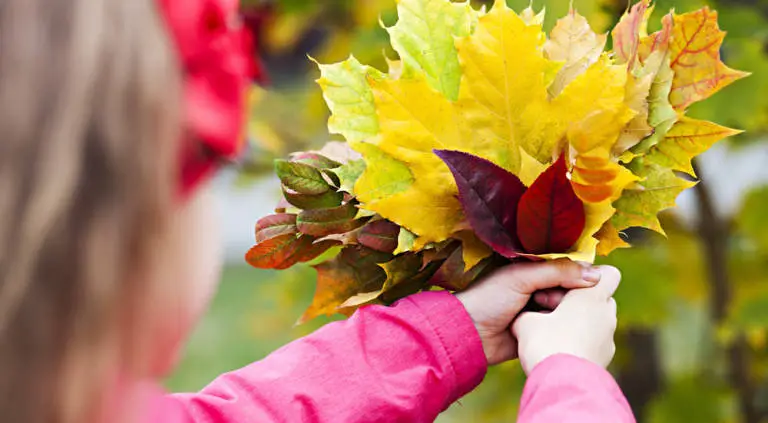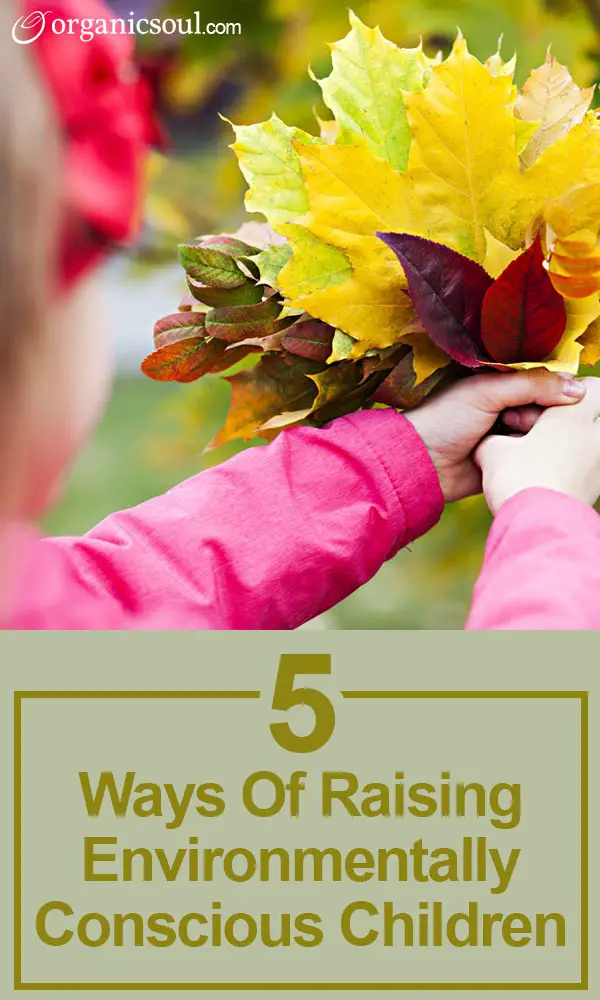
A few days ago, I had a discussion with a colleague on the single best thing people can do for the environment. We began mulling over the usual details – supporting energy conservation, changing diets, traveling smarter – but then, as if she had a sudden epiphany, she said raising better children. I was struck by the simplicity of the idea and the far-reaching implications it would have. While I hope not to belittle their importance or paint them with the shade of a commodity, it’s true that teaching your children really is the best “investment” for the future.
Like Organic Soul on Facebook
Today, even with all our technology and advancement, professionals still debate on the psychology of learning. Many argue that social groups and situations are the most important, others argue the home, and others argue genetics predispose to certain characteristics. With that in mind, I’ve tried to develop five tips that extrapolate ideas from each field of psychology.
Number 1. Show rather than Tell
First, it’s always best to lead by example. Anyone who has had a child, smaller siblings, or has babysat young children knows that they love to mimic you. When pouring a cup of coffee, it's very common for a child to ask for one too. After all, they want to be ‘just like you’ when they grow up.
Given the socializing effect of parents, parents should then exhibit environmentally conscious tenets they wish to instill in their children. Starting small, like turning the water off when brushing or turning the lights off when leaving a room, can have a lasting impact on your child. Simply build from there. Take the bike to work sometimes, exercise with the kids in the morning, and make it clear you avoid fast food.
Number 2. Engage in Nature
Next, let you children meet nature. Sure, we see it on TV and we hear about it on the news, but we rarely experience it for ourselves. If you want your child to have a good sense of the environment, they should experience it firsthand.
Going to the beach, on a hike, rock climbing, or going on a bike ride can all help expose your child little by little. One thing my father did was to have a tree-planting day every weekend. My brother and I would plant dozens, if not hundreds, of trees. The best part of it was that it was fun too.
The goal here is to create a psychological tie between having fun with the family/friends and being in the natural world. So encourage your children to go outside and play, or go outside and play with them!
Number 3. Stress Importance of Sustainability
Although you’ve already been leading by example, it’s also wise to verbalize your values. As you go through your daily motions, tell you kids why you do what you do, the way you do it. Speak about water conservation, the end of oil, and about how people need to educate themselves for new industry.
The goal here is not to indoctrinate your children with an environmentalist mantra, but just to speak of the values behind the ideas. It’s important to avoid talking directly to policy points. Instead, seek the discussion of merit and ethics. This allows them to form their own opinions and solutions to these problems, which leads us to the next tip.
Number 4. Let them Ask Questions
This is a crucial step in raising good children, environmentally conscious or not. Don’t ever expect your children to take your words for it face value. The chances are they will, so probe them a bit. Ask them what they think, or ask them if they have any questions themselves. Be critical.
You may even decide to have a game at dinner where everyone brings up a question they thought about during the day. Everyone else can offer ideas and advice, and as a family, you can come to a conclusion. This can be about anything – school, work, or environment related – but in all cases helps equip your children with critical thinking skills and solution seeking tendencies.
Number 5. Practice a Reward System
Finally, to borrow some ideas from the classical conditioning, develop a reward system. I would personally keep this at a minimum – you don’t want to overload your children with rewards, because it will be harder to distinguish what is truly commendable. But if you see your child do something constructive for the family or the environment, acknowledge it.
Like number three, this is creating a psychological link between two different items in life – nature and rewards/pleasure. For example, if you see your child becoming active outdoors, maybe buy them something to further that venture – a bike, walkie-talkies, or something of the like.
For the Future!
It should be noted that there is no set way to educate anyone exactly to your liking, and there probably won’t ever be. The goal here, remember, is not to brainwash your child, but instea
d create a learning environment that increases the likelihood your child will have a concern for the world and its sustainability. Also, always try to keep a nice balance – an extremely pushy parent may make the child feel the opposite way than desired, so beware of your intensity.
Most importantly, keep in mind that it is your child (what a no-brainer). You’re educating them, not to be policy junkies, but to be better people because you love them and want them to be great. That said, be modest in your approach and have faith that your sons or daughters can make the right decisions for themselves. These tips are just to nudge them a bit.
Anyone with a loved one in college should check out the The College Student.














